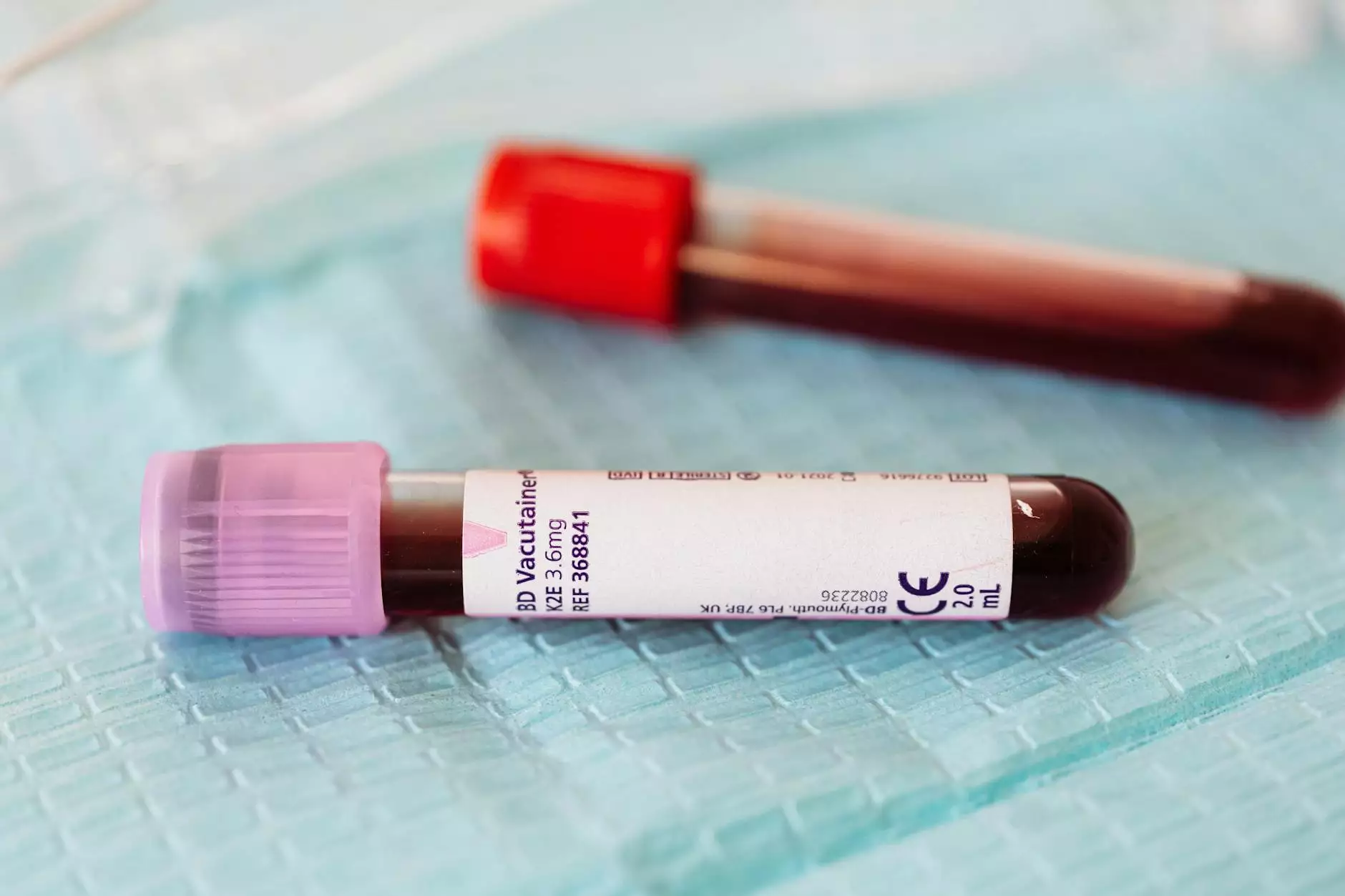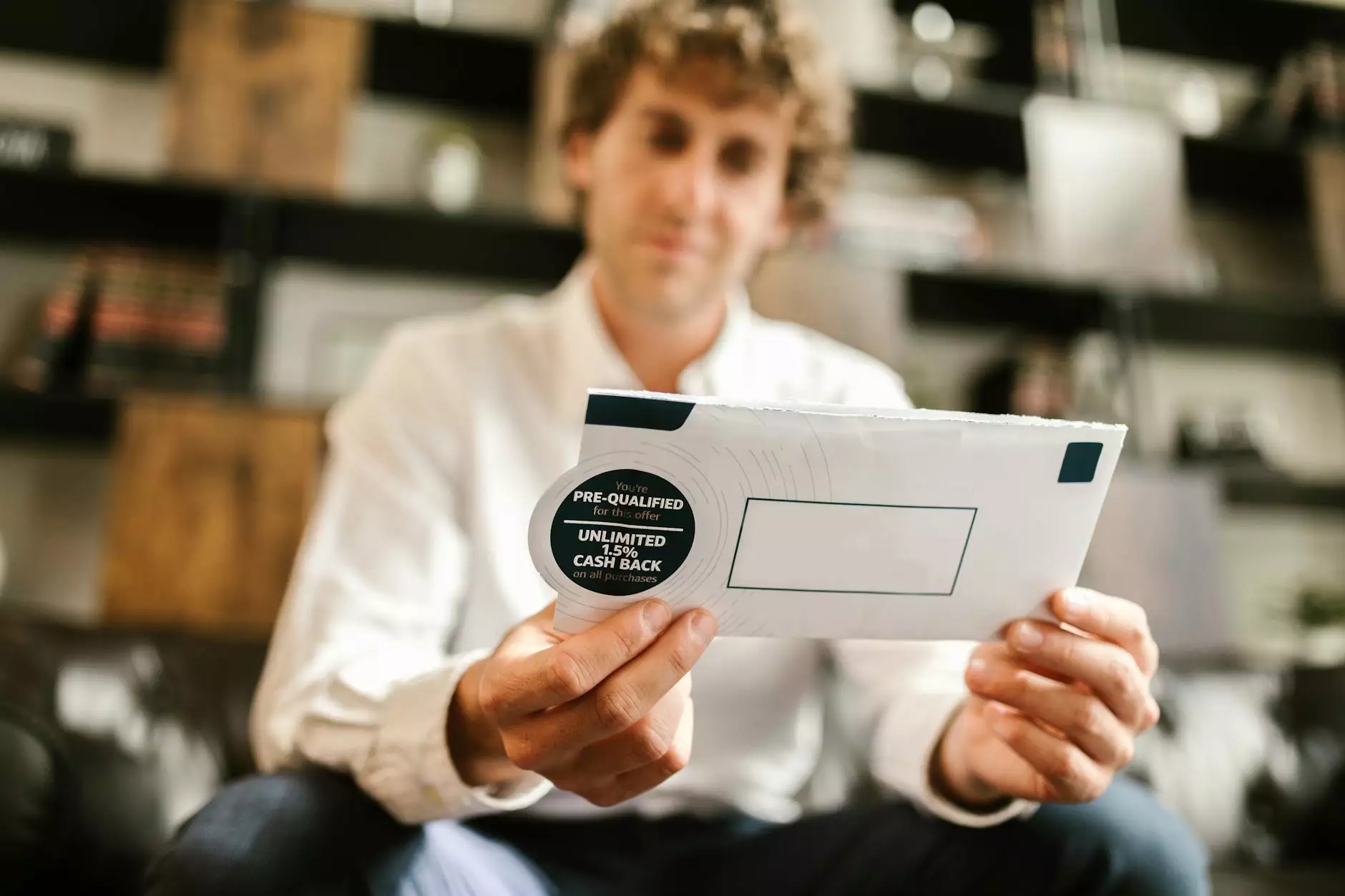Exploring Lab Space Opportunities in Boston

Boston, known for its rich history and vibrant culture, is not just a hub of academic achievement and tourism—it is also a burgeoning epicenter for health and medical innovation. The demand for dedicated lab space in Boston has seen tremendous growth, propelled by a wave of startups, research institutions, and established companies striving to make groundbreaking advancements. In this article, we delve deep into the significance of lab space in Boston, the unique opportunities it presents, and why it is an excellent choice for entrepreneurs and researchers alike.
The Importance of Lab Space in Innovation
In the realm of health and medical ventures, the availability of specialized lab space is paramount. Unlike conventional office spaces, lab environments are tailored to support scientific exploration, experimentation, and medical breakthroughs. Here are some reasons why accessing quality lab space is essential:
- Access to State-of-the-Art Equipment: Many lab spaces come equipped with advanced technology and machinery essential for high-level research.
- Collaborative Ecosystems: Lab spaces often foster environments of collaboration among scientists, researchers, and entrepreneurs, leading to innovative solutions.
- Compliance and Safety: Professional lab spaces adhere to strict compliance standards and safety protocols, ensuring secure work environments.
- Flexibility and Scalability: Startups can find flexible lease terms, allowing them to scale operations up or down as needed.
Why Boston Stands Out for Lab Opportunities
Boston has solidified its status as a leading city for biotechnology, healthcare innovation, and medical research. Several factors contribute to this reputation:
A Concentrated Network of Institutions
The city is home to a multitude of top-tier universities and research institutions, including Harvard University, MIT, and Boston University. These institutions not only produce cutting-edge research but also foster collaborations between academia and industry. The presence of these institutions ensures a constant influx of talent and ideas, essential for any thriving biotech sector.
Investment and Funding Opportunities
Boston attracts substantial venture capital, making it easier for startups in the health and medical fields to secure funding. Organizations like Boston Biomedical Innovation Center provide resources to help early-stage companies navigate the complexities of research and commercialization.
Navigating the Lab Space Market in Boston
Finding the right lab space in Boston involves understanding the market dynamics and the various options available. Here’s a comprehensive overview:
Types of Lab Spaces Available
Boston offers diverse lab space options tailored to different needs:
- Academic Labs: Typically associated with universities, these labs often have access to cutting-edge technology and are driven by academic research agendas.
- Incubators and Accelerators: These spaces support startups by providing essential infrastructures, such as office space, shared lab facilities, and networking opportunities.
- Co-Working Labs: A newer trend, these facilities offer flexible sharing arrangements, allowing smaller companies to utilize lab equipment without high overhead costs.
- Private Labs: Tailored specifically for larger organizations, private lab spaces provide more control over operational aspects and facilities.
Key Locations for Lab Space in Boston
When looking for lab space, certain neighborhoods stand out due to their resources and accessibility:
- Cambridge: Known as the heart of biotech, this area is a stone's throw from MIT and Harvard, packed with innovative companies.
- South Boston: An emerging location for life sciences, South Boston is attracting many startups thanks to its available space and proximity to tech hubs.
- Longwood Medical Area: Home to numerous hospitals and research institutions, this area provides a cluster of healthcare and biotech companies.
Challenges and Considerations When Seeking Lab Space
While Boston offers numerous advantages for those seeking lab space, it's essential to be aware of potential challenges:
High Competition and Costs
The appeal of Boston's lab space means competition can be fierce. As demand rises, so do costs. It's crucial to assess your budget and explore various financing options to meet your needs without compromising on quality.
Zoning and Compliance Regulations
Lab spaces are subject to specific zoning laws and compliance requirements that differ from other commercial spaces. Engaging with experienced real estate professionals can aid in navigating these regulations effectively.
The Future of Lab Space in Boston
The landscape of lab space in Boston is continuously evolving, influenced by trends in technology, funding, and research priorities. Here are some exciting future prospects:
Technological Integration
As technology advances, lab spaces will incorporate innovative tools such as automation, AI, and advanced data analytics to enhance research efficiency and outcomes.
Sustainability Initiatives
With growing emphasis on sustainability, future lab spaces may focus on eco-friendly designs and practices, aligning scientific research with environmental responsibility.
Conclusion
In summary, Boston represents a premier location for lab space opportunities, underpinned by a robust network of institutions, substantial funding avenues, and a collaborative environment. The city's commitment to innovation in health and medical fields makes it ideal for both established companies and startups aiming to make their mark. As the market evolves, those who strategically position themselves within Boston's dynamic ecosystem will likely reap rewarding benefits.
Unlocking the potential of lab space in Boston could very well be the key to driving your business, research, or startup to new heights. Whether you're an entrepreneur seeking co-working options or an established organization looking for specialized facilities, Boston offers a fertile ground for growth and innovation.
lab space boston








